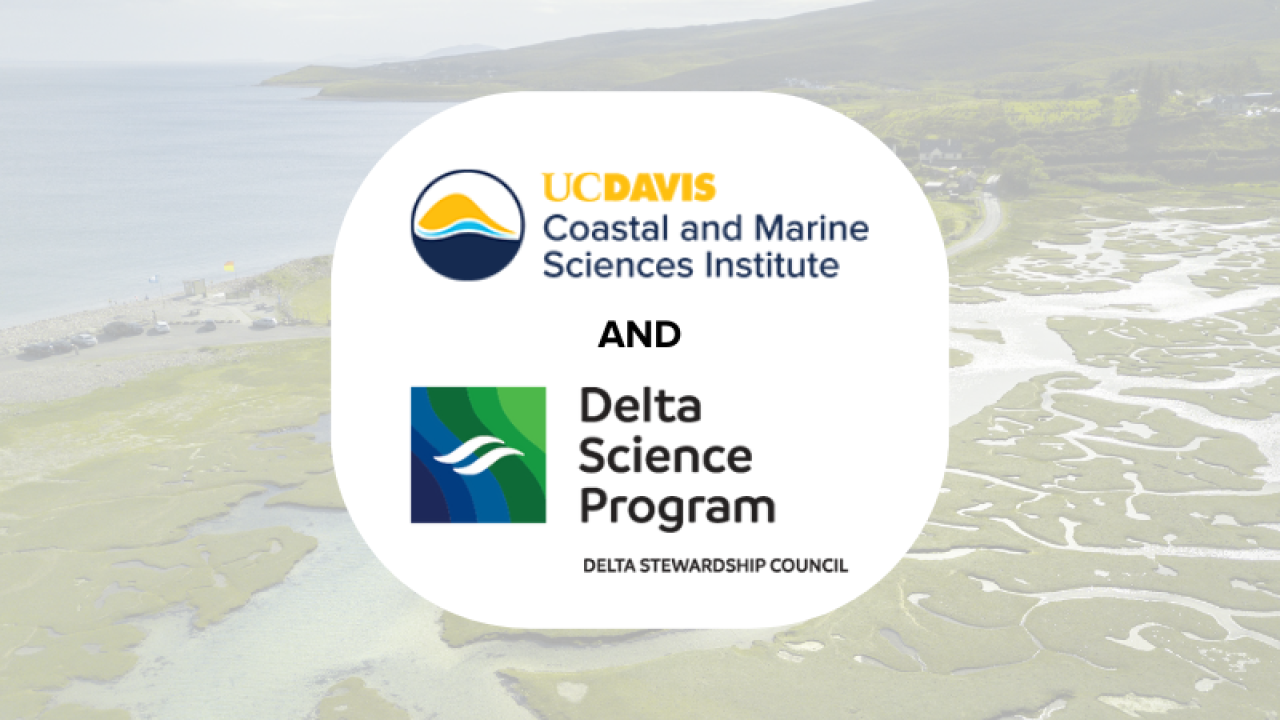
Event Date
Speakers
Introductions: The Delta and the Social Science Task Force
John Callaway and Jim Sanchirico
Keynote
Kevin Werner - Evolving Role of Science
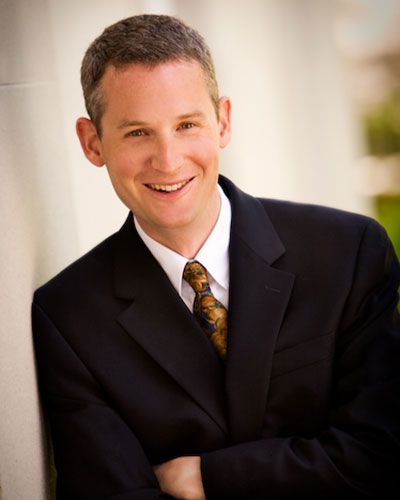
Kevin has extensive experience working to connect science to application in water resources and climate in the western United States as well as policy and organizational development. In May 2017, Kevin was named science and research director at the Northwest Fisheries Science Center where is he leads a team of over 400 scientists and support staff to deliver management relevant science to resource managers and stakeholders. Previously, Kevin held positions spanning the NOAA mission including leading the creation of the National Weather Service Office of Organizational Excellence, leading NOAA regional climate services in the western US, connecting science and forecasts to water management in the Colorado River Basin, and infusing new science and technology into river forecast methodologies. Kevin also served as the science advisor for President Obama’s Sandy Rebuilding Task Force in 2013. Kevin holds degrees in atmospheric science, mathematics, public administration, and political science.
Invasive species management
David Finnoff - Invasive species management and implications on ecosystem services
David Finnoff is a natural resource economist with a focus on management of coupled human, natural systems. Finnoff has conducted research projects aimed at the development of linked general equilibrium economic/ecosystem models to provide policy analysis, applied to Alaskan fisheries and marine ecosystems, Wyoming rangelands, Wyoming riverine ecosystems, and North Carolina estuaries. Other projects include several aimed at the development of integrated economic/epidemiological models for management of infectious diseases that threaten humans and economic trade, and the development of integrated economic/ecological models for optimal management of economic and ecological systems subject to the risk of nonindigenous species invasion. Applied across existing and potential invasions in the Great Lakes region of the U.S., potential zebra mussel invasion of the Columbia and Colorado river basins, to the spread of the emerald ash borer across the USA, and the general management of interconnected lakes systems.
Alex Metcalf - Microtargeting for conservation
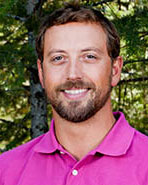
Alex Metcalf is a social scientist investigating the human dimensions of natural resources and the environment. He applies theories and methods from psychology and sociology-related disciplines to understand and address natural resource issues while advancing theory. Dr. Metcalf uses qualitative, quantitative, mixed, and novel methods to study relationships between humans and the environment, and the environmental consequences of human behaviors across scales. He is particularly interested in applying social-ecological systems theory to inform management toward desired outcomes; understanding drivers behind conservation behaviors (including cross-boundary realities of many natural resources) to encourage better stewardship; improving the measurement and use of attitudes, beliefs, and values to inform agency and NGO decisions; and helping ensure people and communities are fairly and meaningfully engaged in dialogue around natural resource decisions. He orients his research toward diverse contexts and issues, including forest management, private land conservation, wildfire, invasive species control, and human-wildlife coexistence.
Mark Lubell - Governance, Networks, and Cooperation: Invasive Species and Beyond
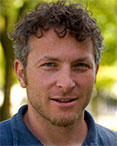
Mark Lubell’s research focuses on human behavior and the role of governance institutions in solving collective action problems and facilitating cooperation. The collective action problems associated with environmental policy provide a laboratory for my research. Current projects include watershed management, environmental activism, agricultural best management practices, and institutional change in local governments. He also explores problems in experimental economics and simulation techniques to further explore collective action theory.
Panel on Social Science Integration
Doug Lipton - Science integration at different scales: from local to national
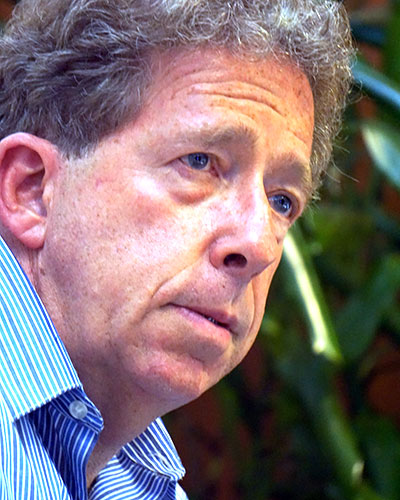
Doug Lipton is the Senior Research Scientist for Economics at NOAA Fisheries. He obtained a Ph.D. in Agricultural & Resource Economics at the University of Maryland, an M.S. in Marine Science from the Virginia Institute of Marine Science, and a B.S. in Biology from Stony Brook University. He spent 25 years as a faculty member in AREC at the University of Maryland and as Program Leader for the Maryland Sea Grant Extension Program for 20 of those years. His research and extension work has focused on valuation of benefits related to improvements in water quality and the economics of ecosystem based fisheries management applied to the Chesapeake Bay. His current focus is integrating economics with ecosystem-based fisheries modeling approaches. Lipton is a member of the Board of the International Institute for Fisheries Economics and Trade, Marine Resource Economics Foundation and the Maryland Agricultural and Resource Based Industries Development Corporation.
Lisa Wainger - Social science integration in Chesapeake Bay restoration

Dr. Wainger is a research professor of environmental economics at the University of Maryland Center for Environmental Science. She has over 20 years of experience in integrating ecological and economic analysis tools to evaluate costs, benefits and risks of environmental policies. She frequently collaborates to develop interdisciplinary models to project ecological and economic outcomes of management actions and test incentives for achieving goals. Her work emphasizes the implications of spatial variability of human and biophysical drivers on system outcomes. She has applied integrated modeling to the measurement of ecosystem service benefits, nutrient (water quality) trading, wetland mitigation policy, land use policy, and cost-effective multi-objective policy design. She is recent past chair of the Scientific and Technical Advisory Committee to the US EPA Chesapeake Bay Program and is a frequent economics advisor to government agencies (e.g., White House Council on Environmental Quality, Maryland Department of the Environment), non-governmental organizations, and private businesses.
Scott Redman - Social science integration in Puget Sound ecosystem recovery
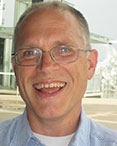
Scott Redman is the director of the science and evaluation program at the Puget Sound Partnership, a state agency coordinating the science-informed recovery of the Puget Sound ecosystem. Scott has worked with the Partnership and its predecessor organization, the Puget Sound Action Team, since 1996 to integrate scientific findings and approaches into collaborative efforts to protect and restore the Puget Sound ecosystem. Scott is the primary staff for the Partnership’s Science Panel and has coordinated development, delivery, and use of key Partnership science products, including biennial science work plans, the Puget Sound Science Update, the Puget Sound Pressures Assessment, and a climate vulnerability analysis. Scott’s team at the Partnership includes scientists and performance management analysts who coordinate networks of partners, and assemble and evaluate information, to answer questions about the implementation of recovery efforts, the effectiveness of these efforts, and ecosystem health.
Steve Newbold (Panelist)
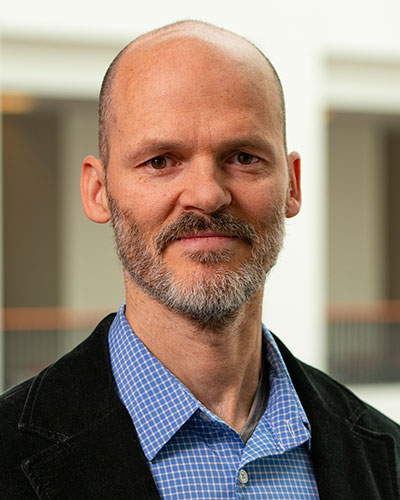
Steve Newbold is an assistant professor in the Department of Economics at the University of Wyoming. Steve received his PhD from UC Davis in 2002 and was an economist in the U.S. EPA’s National Center for Environmental Economics (NCEE) until 2018. At NCEE, Steve conducted quantitative policy analysis including benefit-cost analysis and human health and ecological risk assessments. Steve also provided technical support to the Interagency Working Group on the Social Cost of Carbon and served as a federal agency representative to the Chesapeake Bay Program’s Scientific and Technical Advisory Committee. Steve teaches courses on environmental and natural resource economics, econometrics, and economic research methods. Steve's areas of research interest include bio-economic modeling, non-market valuation using revealed and stated preference methods, climate change integrated assessment modeling, the economic value of information from new scientific studies, and the theory and practice of benefit-cost analysis.
Flood risk and Management
Rob Johnston - Measuring Public Values for Coastal and Flood Adaptation
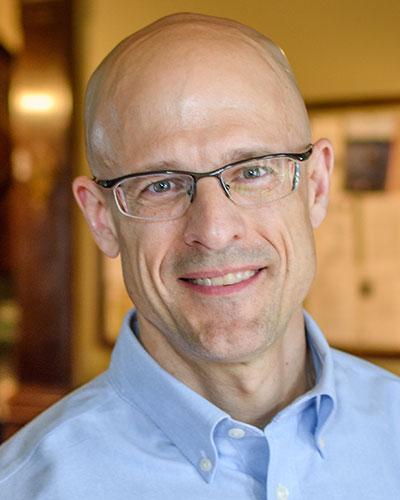
Robert J. Johnston is Director of the George Perkins Marsh Institute and Professor of Economics at Clark University. He is also editor of the journal Resource and Energy Economics. Professor Johnston is an environmental economist whose research addresses economic valuation, benefit transfer and ecosystem services, with an emphasis on aquatic and coastal systems. He has also conducted significant work in climate change adaptation. He is currently co-chair of the Ecosystem Science and Management Working Group of the NOAA Science Advisory Board, and on the Steering Committee and Science Advisory Board of the Narragansett Bay Estuary Program, and the Senior Advisory Board of the Connecticut Sea Grant Program. He is a past member of the US EPA Science Advisory Board, and has served on multiple US National Research Council Panels. His publications include multiple books and approximately 100 journal articles on the use of economics to inform environmental management.
Ms. Akyuz has 20 years of professional experience as a watershed scientist, planner, and capital project manager. For the past 10 years she has worked as a Senior Ecologist and Capital Project Manager with the River and Floodplain Management Section of the Water and Land Resources Division, King County Department of Natural Resources and Parks in Seattle, Washington. Her expertise includes forest and floodplain restoration; design, permitting, and monitoring for river restoration projects; and facilitating community dialogues. Before joining King County, Ms. Akyuz worked as the Urban Forester for the City of Seattle. She received her undergraduate degree in urban forestry from the University of Washington, and Master’s degree in applied ecosystem science and forestry from the State University of New York – College of Environmental Science and Forestry. In her free time, Ms. Akyuz is a Girl Scout troop leader, outdoorswoman, and enjoys designing residential landscapes for friends and family.
Charles Sims - How climate forecasts influence infrastructure investments
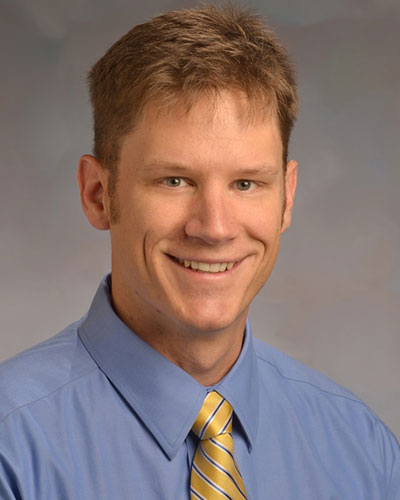
Charles Sims is the Director of the Energy and Environment Program at the Howard H. Baker Jr. Center for Public Policy and an Associate Professor in the Department of Economics at the University of Tennessee - Knoxville. His research interests center on environmental and natural resource economics with a specific emphasis on the role of risk and uncertainty in natural resource, environmental, and energy policy. His past research has investigated issues related to invasive and endangered species, forest management, infectious diseases, green energy, and surface water management. Sims’s work has been published in refereed journals including the Proceedings of the National Academy of Sciences, Journal of Economic Dynamics and Control, Journal of Economic Behavior and Organization, and Journal of the Association of Environmental and Resource Economists. His work has been funded by the National Science Foundation, the Department of Energy, and the USDA.
Water and ecosystems
Tanya Heikkila - Institutionalizing Learning in Water Governance
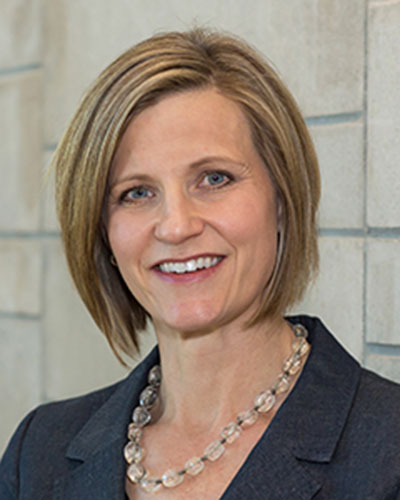
Tanya Heikkila is a Professor and Associate Dean at the University of Colorado Denver's School of Public Affairs, where she also co-directs the Workshop on Policy Process Research. Heikkila’s research and teaching focuses on policy processes and environmental governance. She is particularly interested in how governance processes can be designed to facilitate collaboration, foster learning, and resolve conflicts. Some of her recent research has explored these issues in the context of interstate watersheds, large-scale ecosystem restoration, and unconventional oil and gas development. Heikkila has published numerous articles and books on these topics and has participated in several interdisciplinary research and education projects. Prior to coming to CU Denver, Prof. Heikkila was an Assistant Professor at Columbia University’s School of International and Public Affairs and a post-doctoral fellow at Indiana University’s Workshop in Political Theory and Policy Analysis. She holds an M.P.A. and Ph.D. from the University of Arizona.
Sara Breslow - Anthropology and political ecology in the service of ecosystem recovery
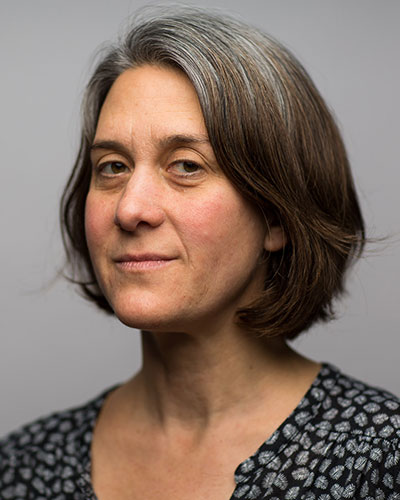
Sara Jo Breslow is an environmental anthropologist broadly interested in the interdependencies of sustainability and social justice. She serves as the Social Science Lead at EarthLab at the University of Washington (earthlab.uw.edu), where she catalyzes collaborative environmental problem-solving using transdisciplinary, participatory, and arts-based approaches. In her own research, Sara uses ethnographic and mixed methods to study senses of place, environmental conflict, and human well-being with a focus on the Salish Sea region, and translates social science insights into tools for decision-making at local to global scales. She holds a BA in biology from Swarthmore College and a PhD in anthropology from the University of Washington.
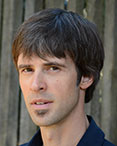
Brett Milligan is associate professor of Landscape Architecture and Environmental Design at the University of California, Davis. Through fieldwork, ethnography, design research and trans-disciplinary collaborations, his Metamorphic Landscapes lab prototypes landscape and infrastructural adaptations to accelerated climatic and environmental change within floodplains, estuaries, urbanized deltas. Brett is also a founding member of the Dredge Research Collaborative, a non-profit pursuing regenerative approaches to the planning and design of dredging and human-sedimentary processes at watershed scales. Geographically, much of Brett’s research is focused on California’s Bay-Delta. He was the lead organizer for DredgeFest California (2016); core member of the 2017-2018 Resilient by Design Public Sediment team; and has served as a consultant to state, federal and private agencies in the region. In the California Delta, he has contributed to many ecological restoration initiatives that seek to integrate cultural, economic and place-based values within these landscape transformations.
Closing Remarks
